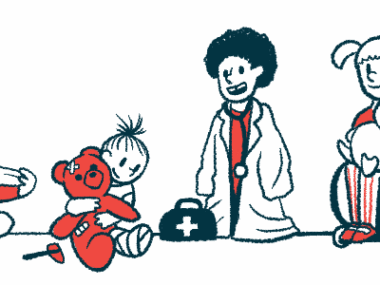Behavioral Training Study Seeks Caregivers of PWS Children
Written by |

A new study is looking for participants to assess the impact of a behavioral training program for caregivers of children with Prader-Willi syndrome (PWS).
The training program, led by Kasey Bedard, PhD, at the Chicago School of Professional Psychology, will be conducted virtually by Zoom and Qualtrics, according to the PWS Association USA. Virtual platforms allow caregivers to access tailored behavior therapy for the unique needs of patients with PWS, regardless of where they live.
Caregivers must be able to speak and read English, and participate in live and recorded sessions.
The program is open to caregivers, 18 and older, living in the same home as the child with PWS. Children, 2 to 12 years old, must display at least one behavior considered disruptive. Parents of children with multiple diagnoses, as well as those seeking more information, can contact Bedard at [email protected].
The training program will run for 10 weeks. Participants will complete pre- and post-training surveys along with tests. They will also collect data about their child’s behavior.
In total, the study will run for 12 to 13 weeks and will require between 30 minutes to two hours each week.
As compensation for participating, caregivers will be offered a $500 Visa gift card following the completion of the study. Assistance with computer and internet access may be available for a limited number of participants.
PWS is caused by genetic alterations that affect a particular region of chromosome 15 called the “PWS locus.” These genes control metabolism, appetite, growth, intellectual abilities, and social behavior.
Among the frequent behavioral symptoms experienced by children with PWS are severe temper outbursts, which often continue into adulthood. Other common behavioral problems are stubbornness, property destruction, and obsessive-compulsive activities that cannot be attributed to intellectual disability, such as skin picking, hoarding, ordering or arranging, concerns with symmetry and exactness, rewriting, and the need to tell, know, or ask. All these issues are known to affect the quality of life of both patients and caregivers.
As a result of the insatiable appetite, known as hyperphagia, that is characteristic of PWS patients, additional behavioral symptoms include food stealing, eating food normally considered unacceptable, and eating very quickly.






